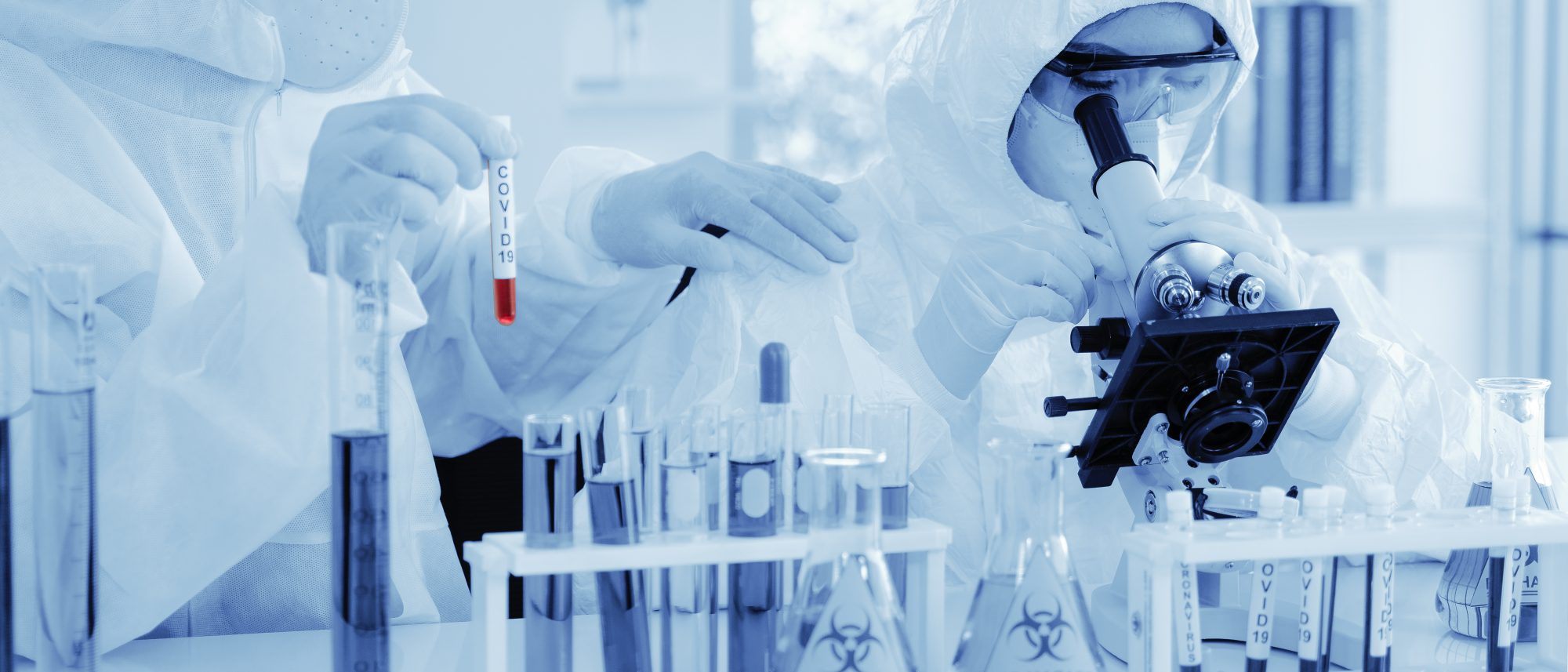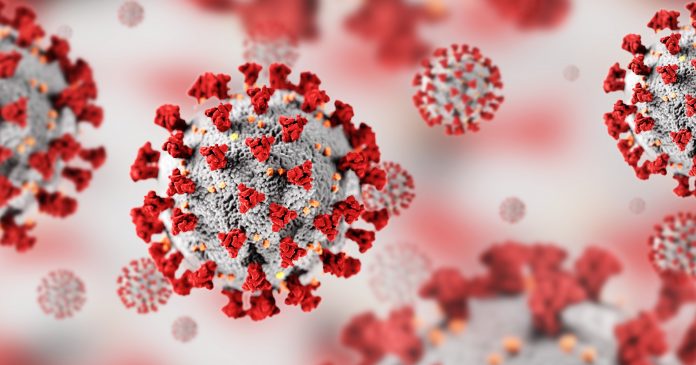Unique “indicators” in the blood of patients with severe and fatal COVID could create simple diagnostic tests – to help doctors identify who could become critically ill
Since the outbreak of the pandemic, researchers have been working to pinpoint risk factors that make some more susceptible to COVID-19 than others.
In a study from Hull York Medical School and Department of Mathematics at the University of York, scientists analysed blood samples from hospitalised COVID patients and were able to detect markers in the blood associated with patients becoming so ill they needed treatment in intensive care.
This new research could prove monumental in finding new ways for triaging and assessing the risk of COVID patients and therefore relieving the pressure on hospitals and NHS staff.
Lead author Dr Dimitris Lagos, from Hull York Medical School at the University of York, said: “Our study identified factors in the blood that are uniquely correlated with severe and fatal outcomes for hospitalised Covid patients.”
In exploring the diverse ways the virus can affect the general public, doctors will be able to tailor treatments according to severity of disease and identify high-risk patients early.
How did the team figure this out?
Published in the journal iScience, this new research involved testing blood samples from over 160 patients admitted to hospital during the first and second wave of the pandemic.
Researchers measured the proteins in the blood which drive the overwhelming immune response observed in patients with COVID known as cytokines and chemokines – as well as tiny RNAs, called microRNAs – which reflect the state of diseased tissues and are already known to be good indicators of severity and stage in several other diseases.
Following this research they were able to identify a set of cytokines, chemokines, and microRNAs linked with fatal outcomes from COVID.

This could make COVID care run “more effectively”
“Having the ability to spot which hospitalised patients are more likely to deteriorate and need our services in Critical Care will open up a whole new area of research into which treatments should be given at different stages of this terrible disease,” said Dr David Yates, Clinical Lead for Research at York and Scarborough Hospitals NHS Foundation Trust.
“This means we might be able to target those novel treatments more effectively to those patients at the greatest risk.”
The study was part of the UK Coronavirus Immunology Consortium (UK-CIC), which was funded by UKRI/MRC and NIHR bringing together scientists from 20 institutions including the University of York.
The major project was launched in 2020 with £6.5 millions of funding over 12 months from UKRI to answer key questions on how the immune system interacts with COVID-19, in order to develop better treatments, diagnostics and vaccines.











